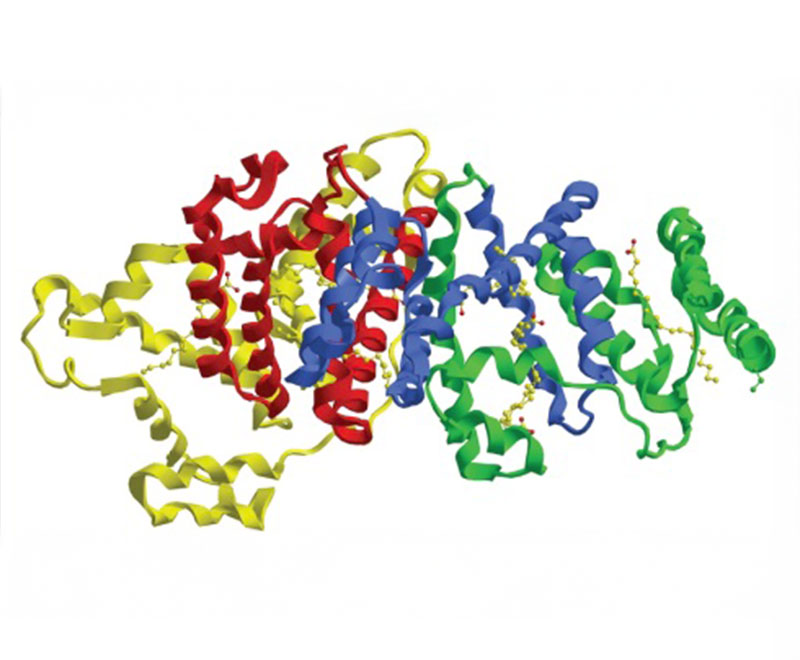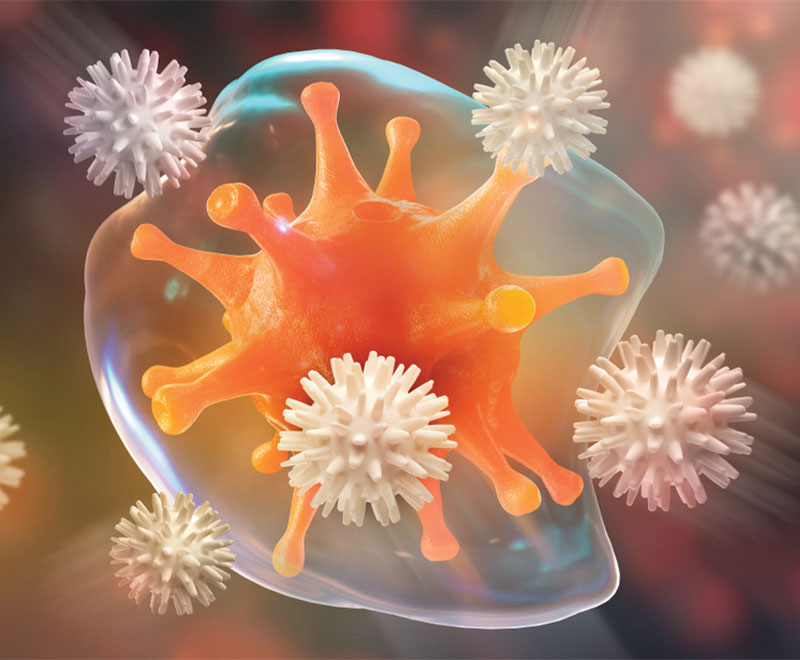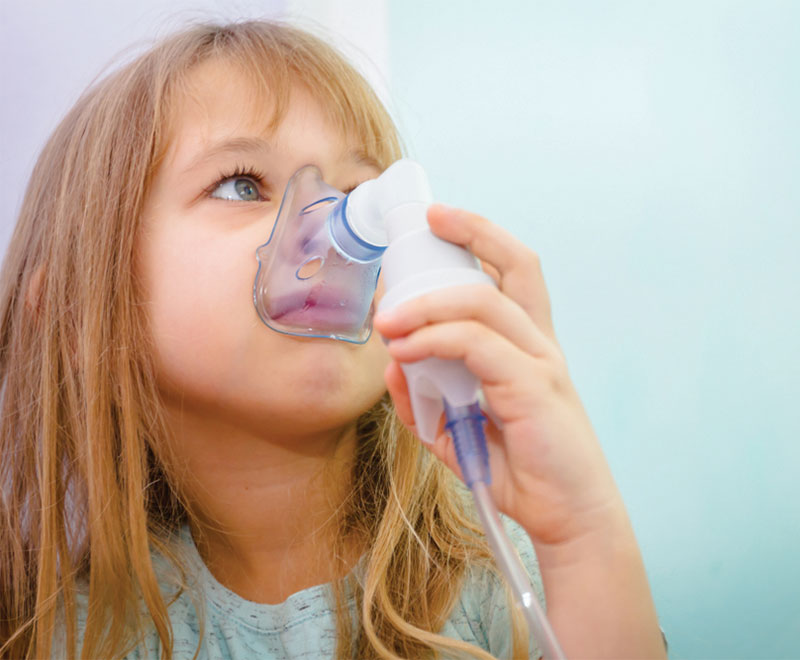Excellent Response to Therapeutic Plasma Exchange in Myasthenia Gravis Patients with or Without Autoantibodies

A study out of the University of Texas Southwestern Medical Center found a 96 percent response rate to treatment with therapeutic plasma exchange (PLEX) in a series of 58 consecutive myasthenia gravis (MG) patients, with no significant difference in response between those with or without autoantibodies.
Serum Albumin a Strong Predictor of Mortality in Sepsis: Two New Studies

Two studies suggest low serum albumin levels in patients with sepsis is associated with mortality.
Human Vaccines Project Launches Study of How the Immune System Responds to the Flu

The Human Vaccine Project aims to understand how the human immune system can develop longer-lasting protection against influenza.
Study Says Glaucoma May Be an Autoimmune Disease

A study conducted by MIT and the Massachusetts Eye and Ear has found glaucoma may be an autoimmune disorder.
Neonatal Fc Receptor Antagonist Efgartigimod Sustainably Reduces Circulating IgG Level in Humans

Investigators from the Belgian biotechnology company argenx and U.S. collaborators conducted a PhaseI clinical study to assess a novel modified antibody Fc fragment (efgartigimod) that reduces the circulating IgG level by blocking neonatal Fc receptor-mediated IgG recycling.
Study Shows Newborns’ Immune Systems Ramp Up After Birth

A new study shows newborns’ immune systems ramp up immediately after birth.
Grifols’ AMBAR Study Findings: Albumin Plasma Exchange May Reduce Progression of Moderate Alzheimer’s Disease

Findings from Grifols’ Phase IIb Alzheimer Management by Albumin Replacement (AMBAR) clinical trial found long-term plasmapheresis with albumin replacement reduced disease progression in a prespecified subset of patients with AD of moderate severity.
Study Finds Vaccines Don’t Weaken Babies’ Immune Systems

Researchers conducted a study that examined whether the childhood vaccine schedule was associated with an increased risk of infections not targeted by vaccines.
Study Finds Asthma Treatments for Kids More Likely to Fail Without Flu Shot

New research shows an annual influenza (flu) shot is crucial for children with asthma.
Heart Failure Death Risk Drops 50% in Those Who Receive Flu Vaccine

A new study shows people with heart failure who receive a seasonal influenza (flu) vaccine have a 50 percent drop in the risk of death during flu season and a 20percent drop in the risk of death during the rest of the year.